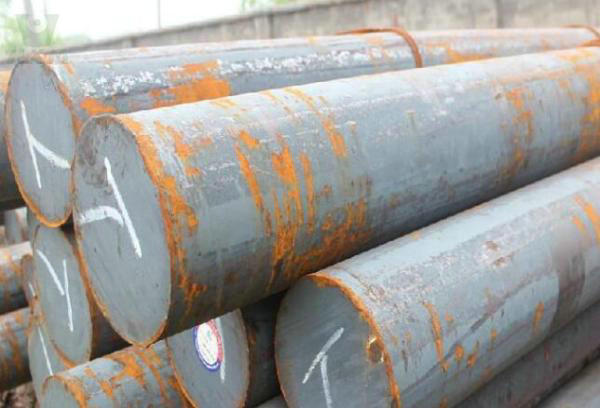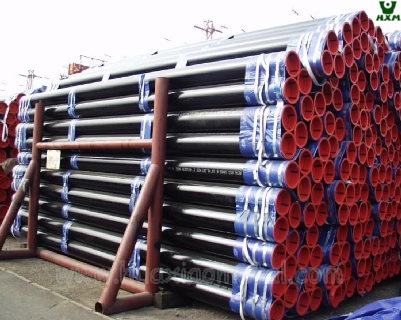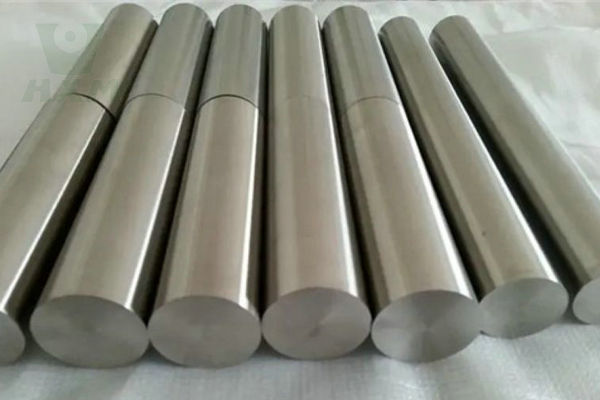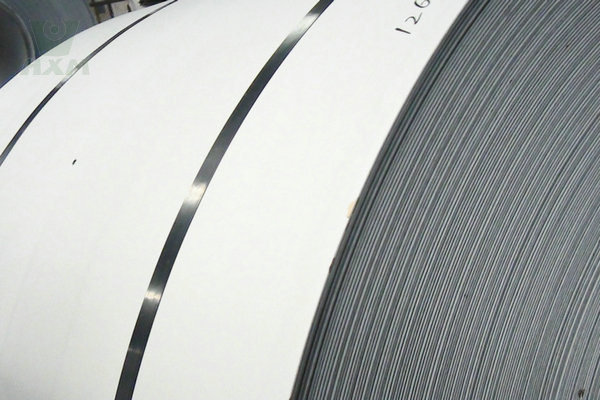
Carbon steel is a common alloy steel consisting of carbon and iron. Due to its excellent mechanical properties and low cost, carbon steel is widely used in manufacturing and construction, such as in the structural components of activated carbon filters in water treatment systems. However, one major disadvantage of carbon steel is that it is prone to rust. So, does carbon steel rust? How to prevent carbon steel from rusting?
Does Carbon Steel Rust?
Yes, all carbon steel will rust, whether it is a low, medium carbon, or high carbon steel. Rust occurs when the iron in carbon steel reacts with oxygen and water or moisture in the air to form iron oxide, commonly known as rust.
The rate at which carbon steel rusts depends on the moisture and oxygen levels it is exposed to, as well as other environmental factors. Carbon steel can also be coated or treated to prevent rust, such as with a coat of paint or galvanizing.
Why is Carbon Steel Rust Easily?
Carbon steel is an alloy composed of carbon and iron, and its main component is iron. When carbon steel is exposed to air, it chemically reacts with oxygen to produce a substance called rust. Rust not only makes the surface of carbon steel unattractive, but it also reduces its strength and durability.
The reason carbon steel rusts easily is that it contains a high percentage of iron and lacks the protection of other metals such as chromium and nickel. These metals can form a thin film called an oxide layer that prevents oxygen and moisture from reaching the metal surface. However, the carbon and iron in carbon steel cannot form this oxide layer and are therefore more susceptible to corrosion.
In addition, carbon steel is also susceptible to moisture and humid environments. When carbon steel is exposed to moisture, the moisture accelerates the reaction of oxygen with iron, accelerating the formation of rust.

How To Keep Carbon Steel From Rusting?
Carbon steel is a type of metal that is prone to rusting when exposed to moisture and oxygen. To prevent rusting and keep carbon steel in good condition, here are some tips:
Clean and Dry the Carbon Steel:
Before storing or using carbon steel, make sure it is clean and dry. Use a clean, dry cloth to wipe down the surface of the steel to remove any dirt or debris.
Apply a Protective Coating:
Applying a protective coating can help prevent rust. You can use a rust inhibitor or oil to coat the surface of the carbon steel. Be sure to apply a thin, even layer and allow it to dry completely before using or storing the steel.
Store in a Dry Place:
To prevent rust, store carbon steel in a dry place with low humidity. Avoid storing it in damp or moist areas, which can accelerate rust formation.
Use a Dehumidifier:
If you live in an area with high humidity, consider using a dehumidifier to reduce the moisture in the air. This can help prevent rust from forming on your carbon steel.
Galvanized Treatment:
Coating the surface of carbon steel with a layer of zinc can effectively prevent it from rusting. This is because the chemical properties of zinc are better than iron, and it can form a protective film of zinc oxide in the air, thereby preventing iron from oxidizing and rusting.
Avoid Exposure to Water:
Water is one of the main causes of rust formation. Avoid exposing your carbon steel to water whenever possible. If you do get it wet, be sure to dry it thoroughly as soon as possible.
By following these tips, you can help keep your carbon steel from rusting and extend its lifespan.
How To Remove Rust From Carbon Steel?
If the carbon steel has rust, you can take the following steps to get rust off carbon steel:
Using a Wire Brush or Sandpaper:
Using a wire brush or sandpaper can help remove rust from carbon steel surfaces. Wipe the surface gently until the rust is removed.
Using Vinegar or Lemon Juice:
Pour the vinegar or lemon juice over the carbon steel, then gently wipe the surface with a sponge or brush. These fluids contain acids that can help remove rust. When finished, rinse with water and dry the surface.
Use a Chemical Rust Remover:
There are many chemical rust removers on the market that can help remove rust from carbon steel. Be sure to read product instructions carefully and follow all safety instructions.
Using Electrolytic Descaling:
Electrolytic descaling is a highly effective method of removing rust. You can place a negative pole and an anode on a carbon steel surface and connect them to a power source. Electricity will flow through the carbon steel, breaking down the rust. This requires special equipment and skills, so seek professional help if you don’t have experience.
Remember that removing rust from carbon steel requires care and patience. Make sure you’re taking the right steps and using the right tools and chemicals. Also, once you have removed the rust, steps should be taken to protect the carbon steel and prevent rust from forming again.
In Conclusion
Although carbon steel is prone to rust, its service life can be effectively extended by taking some anti-rust measures. Using antirust oil, galvanizing treatment and surface coating treatment can effectively prevent carbon steel from rusting, thereby improving the durability and reliability of carbon steel.







